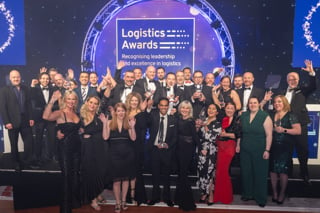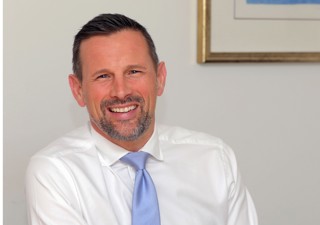Businesses are being urged to employ a dedicated fleet professional to manage their vehicles or risk falling foul of new regulations.
Venson Automotive Solutions says that, with innovation shifting technological advancements and a rapidly changing fleet landscape, a dedicated resource is essential.
“The majority of the core skills required for operating a fleet remain the same, but the day-to-day demands of the role are changing dramatically and at speed,” said Simon Staton, client management director of Venson.
“Businesses are responsible for so much more than simply managing their vehicles. Much of their time is now dedicated to staying up to date with ever-changing technological advancements, compliance requirements, and adapting to operational requirements, not just for their own needs but also for the wider industry. All of which adds to the daily business-as-usual workload.”
For many businesses, the shift towards electrification is also providing complexities and is time-consuming. “Transitioning to electric vehicles, especially in a mixed fleet of commercial vehicles and cars, can be overwhelming, particularly if the business lacks the specialist skills of a fleet manager,” continued Staton.
“There’s more to it than buying the vehicle with the longest range; businesses need to think about implementing and managing a charging infrastructure, minimising vehicle downtime, energy costs, driving training and vehicle fitout for the commercials on fleet. As well as incorporating the telematics data of vehicle routes to help optimise all these decisions.”
As fleet mobility solutions progress, vehicle technology is changing the shape of fleets and determining how they are managed in many other ways, says Venson.
For example, connection and the Internet of Things (IoT) brings big data and digital security considerations.
Other challenges facing fleets include cost management, corporate and personal taxation implications, work-related road safety and even managing employees’ remuneration and flexible benefit expectations.
Staton concluded: “Fleet drivers must read the road ahead to avoid a collision, likewise businesses operating company vehicles must be prepared to anticipate and act on automotive changes, understand how internal business developments will impact on the transport and travel operations they manage and be able to act on that change.
“That’s a lot to handle and businesses without a fleet professional may be in danger of falling foul of compliance, sourcing unsuitable vehicles, and paying more than needed for vehicle maintenance, all of which add costs to their business.
“With fleet typically being the second largest cost after salaries, the smooth running of a fleet is fundamental to the success of so many businesses. That’s why more companies should respect the vital contribution a dedicated fleet professional can make.”
For strategies and suggestions for how to run your fleet now and in the future, read our Fleet Leadership special report.





















Login to comment
Comments
No comments have been made yet.